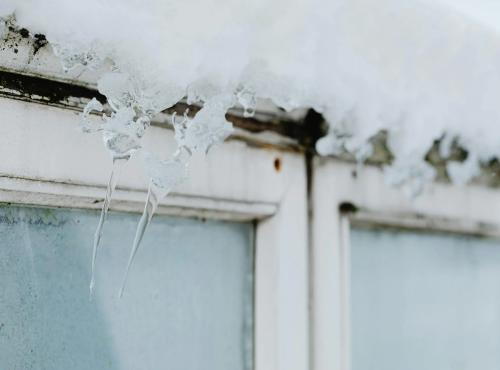Underregulated heating systems are a lethal risk to those indoors and out
Solid and liquid fuel appliances produce a deluge of toxic air pollutants. To better protect residents’ health, they should be covered by the same regulatory protections as gas appliances.
Heating systems are the engines of our homes. Fuel appliances provide energy to almost all UK homes, but with this comes a health risk comparable to sticking a car exhaust in your kitchen.
This is an uncomfortable truth for solid, liquid and gas-burning appliances. A new gas boiler in a day produces an equivalent amount of nitrogen dioxide as driving a new diesel car for 70km, while the hourly emissions of particulate matter (PM 2.5) from one eco-certified wood-burning stove is equivalent to 18 newer Euro standard diesel passenger cars.
Safe fuel use: gaps and opportunities
Fortunately, short of removing fuel appliances from homes, there are ways we can reduce our exposure to pollutants.
Certified installation and maintenance can ensure appliances burn fuels completely and vent fumes outside, reducing occupants’ risk of exposure to toxic pollutants such as carbon monoxide.
Certification, however, can fall short for certain appliances.
Gas safety standards have been raised by requiring mandatory certification and registration of professionals on a single gas-safe scheme. However, these protections do not apply for liquid or solid fuel appliances, despite typically causing greater volumes of pollution than gas burning.
Over 1.5 million UK homes use liquid-burning appliances. It is a legal requirement to notify their installation with a recognised competent person scheme (CPS) or local authority, but there is no guarantee that this is undertaken as installers are not required to register with a CPS.
When it comes to the installation and maintenance of liquid fuel appliances, anyone can purport to have the right skillset.
For the over 2 million solid fuel-burning stoves in UK homes, like with liquid fuel appliances, professionals are also not required to register with legally recognised certification schemes, while regular maintenance is also not required. Without regular servicing and chimney sweeps, toxic fumes can build up in homes, risking ill health and death.
A forward look: keeping homes healthy
Knowing the health risks, many residents with these appliances in their homes would seek regular maintenance.
But while mandatory servicing could be introduced – as is the case for gas appliances in UK rental properties – what would be the point if there is no guarantee that the maintainer has the requisite skills?
While solid and liquid fuel appliances remain popular, a public health priority should be to permit only accredited competency schemes that align with Minimum Technical Competencies recognised by the Building Safety Regulator, perhaps emulating the single scheme in place for gas safety.
Once certification is harmonised, more residents can benefit from higher quality maintenance schemes, for example HETAS’s combined servicing of an appliance with a chimney sweep.
In his 2022 annual report, the UK Chief Medical Officer Chris Whitty recognised that wood-burning stoves are the most polluting way to heat homes. They should at the very least be covered by regulatory protections that reflect their risk to health.




